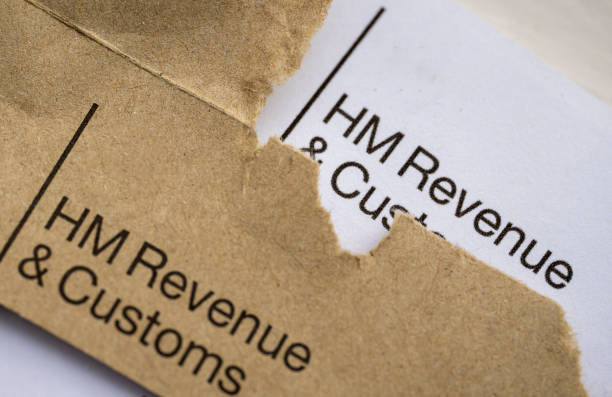- Tax evasion cost UK taxpayers £5.5bn in 2022-23, with 81% from small businesses – up from 66% in 2019-20
- Prosecutions for tax evasion down 54% since 2018-19
- Phoenixism cost the exchequer at least £500 million in 2022-23
- HMRC lacks a specific strategy for addressing tax evasion
The latest report from the Public Accounts Committee (PAC) paints a concerning picture of tax evasion in the UK retail sector. It highlights significant gaps in enforcement, underestimated scale of evasion, and a worrying decline in prosecutions. The report raises significant concerns about HMRC’s seemingly incurious approach to the scale of tax evasion.
The billion pound miscalculation
One of the most striking revelations is HMRC’s significant underestimation of tax evasion in online marketplaces. Legislation making online marketplaces liable for VAT from overseas sellers, with effect from January 2021, generated £1.5 billion in additional tax revenue; five times more than originally estimated. This massive discrepancy was not investigated by HMRC, suggesting that they may be underestimating the scale of tax evasion more broadly. HMRC’s explanation that it was due to increased online sales volumes and “imperfect information” at the time of providing underlying data for the OBR’s estimate, appears inadequate, particularly given their admission that they haven’t subsequently analysed which factor contributed most to the difference.
Falling prosecutions
The report also highlights the dramatic decline in prosecutions for tax evasion, falling from 749 in 2018-19 to only 344 in 2023-24. Although HMRC reports launching 430 new criminal investigations and over 10,200 civil investigations in 2023-24, the significant drop in actual prosecutions raises concerns about the deterrent effect of HMRC’s enforcement actions. HMRC’s response has been to increase their fraud investigation service staff from 4,400 to 4,800, and aspirations to reach 5,400 by 2029-30, but this gradual scaling up appears insufficient given the scale of tax evasion, and the training specialism that is required for work in this area.
Rise of the phoenix companies: a £500m headache
The practice of “phoenixism” – where companies run up debts to HMRC in respect of VAT, payroll taxes and corporation tax on their profits, and then declare bankruptcy to avoid payment, continuing to trade under a newly established company cost the exchequer at least £500 million in 2022-23. However, only seven directors were disqualified specifically for phoenixism between 2018-19 and 2023-24. The Insolvency Service’s explanation that phoenixism is often pursued under more serious offenses doesn’t address the concern that this specific form of tax evasion isn’t being adequately deterred.
Missing in action: HMRC’s strategic void
HMRC’s strategic response to these challenges appears insufficient. The report notes that HMRC lacks a specific strategy for addressing tax evasion, nor does it focus on particular economic sectors no matter how large they are or how exposed they are to tax fraud as we reported following Sir Jim Harra’s appearance at the PAC hearing in December. It instead relies on a general compliance strategy that covers everything from honest mistakes to deliberate fraud. While HMRC claims it wants to reduce the overall tax gap, the lack of specific objectives or targets for reducing tax evasion is concerning.
Reform at a snail’s pace
The overall picture that emerges is of a system struggling to keep pace with evolving forms of tax evasion, hampered by underestimation of the problem’s scale, a weakening deterrent effect following declining prosecutions, and slow implementation of reforms. As tax evasion continues to cost the UK billions in lost tax revenues, the question remains whether HMRC, working together with other agencies, will be able to mount an effective response to these challenges in the coming years.
For policymakers in this field, the report highlights the urgent need for more robust data analysis, faster implementation of reforms, and stronger coordination between enforcement agencies. Without these improvements, the UK’s ability to combat tax evasion effectively will remain in doubt.



